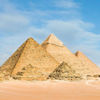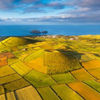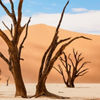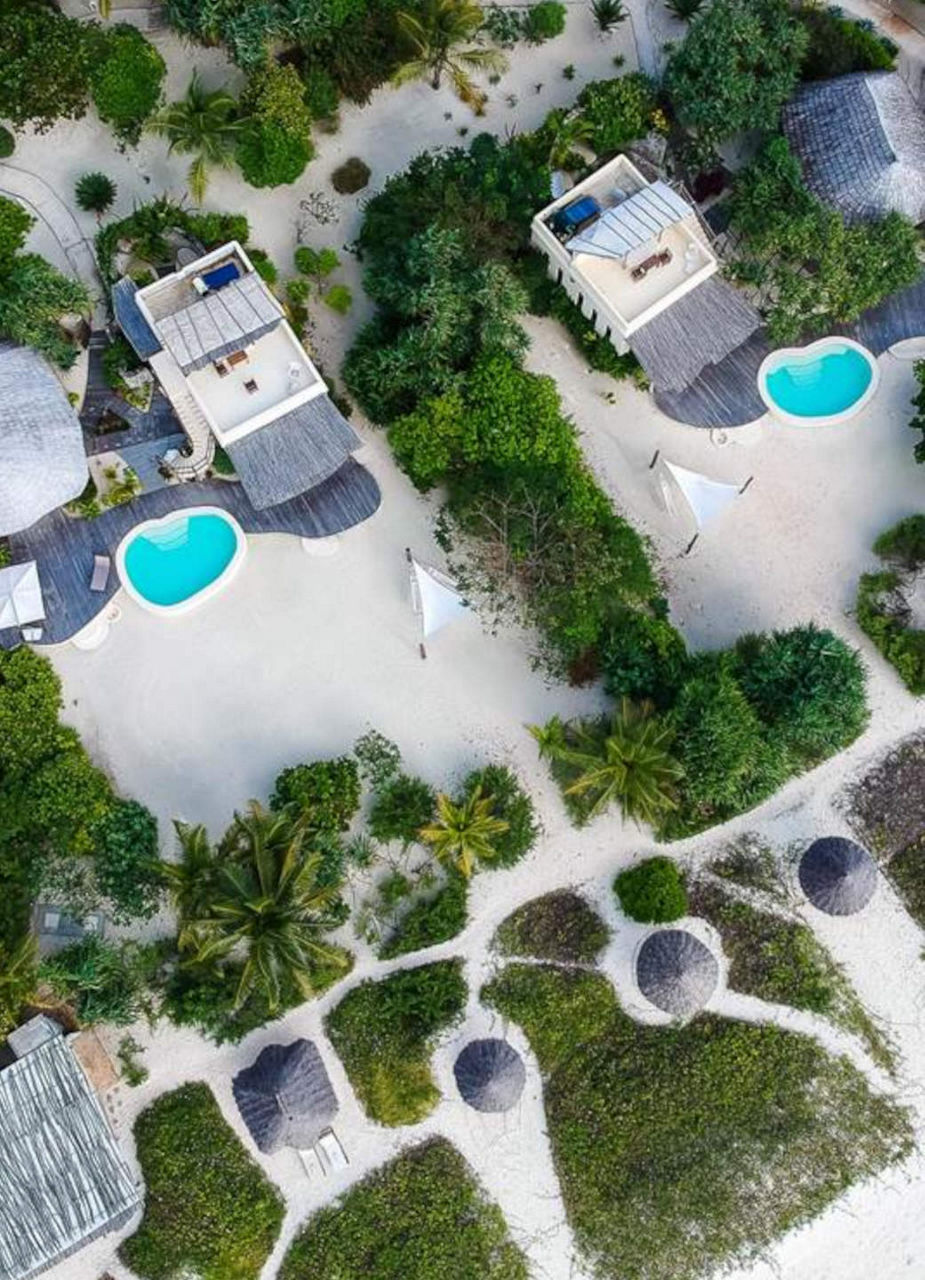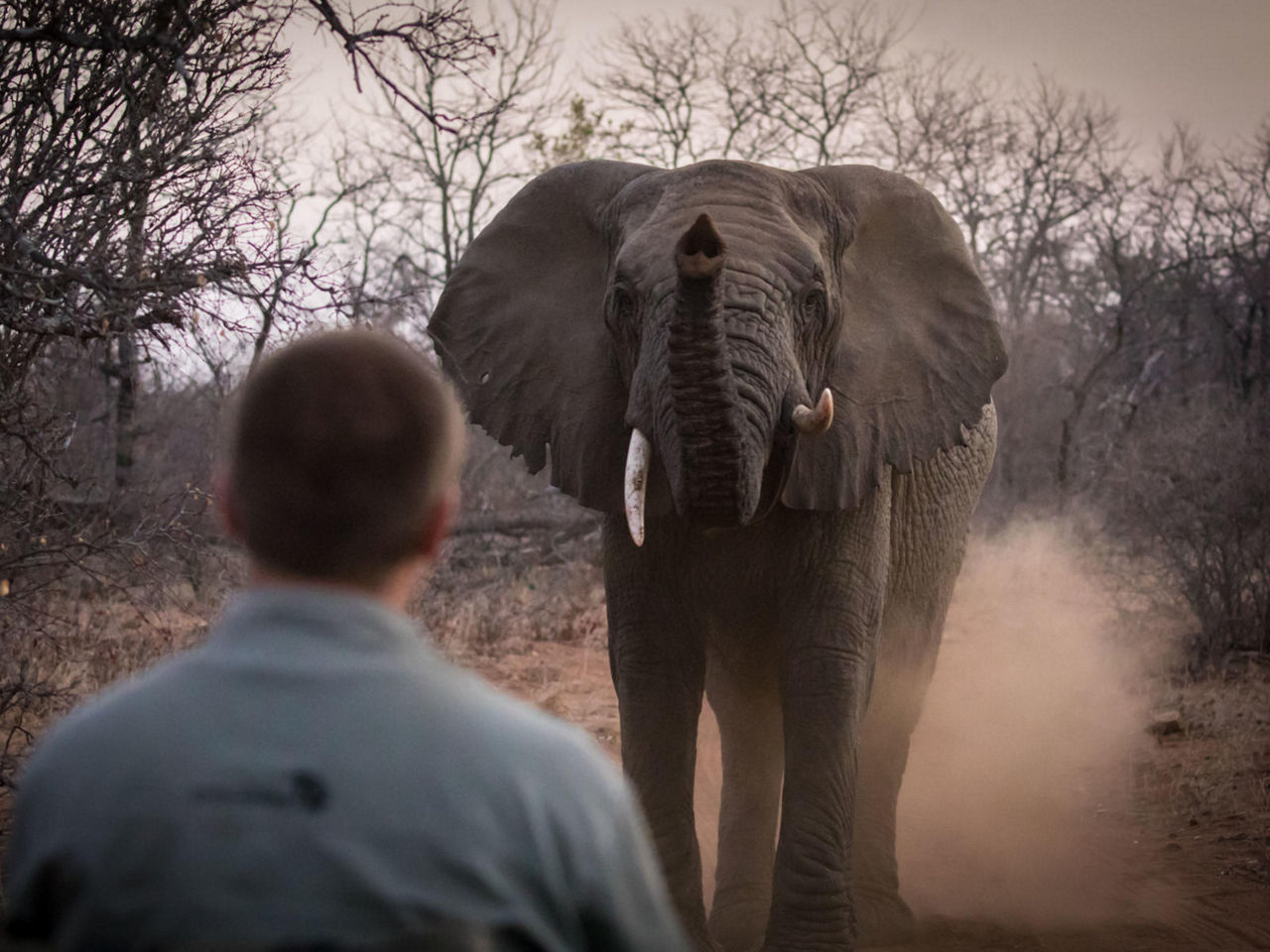
Discover the Big Five
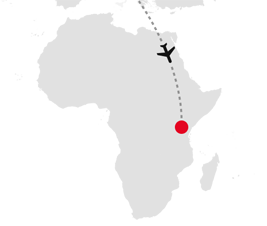
Earning this title not because of their sheer size but rather because of their topmost position in the food chain, the Big Five (lion, leopard, elephant, buffalo, and rhinoceros) are the deadliest and most dangerous animals in Africa.
The term was coined in the 1800's by trophy hunters referring to what they viewed to be the most difficult and dangerous animals to hunt on foot.

Where to find them
Tanzania is a premium spot for all those hoping to see these majestic creatures, as there are many reservations in the country. Depending on the location of the park, the best time to visit is from February to March and June to November.


Lion
Tanzania is currently home to around 16,000 lions. These social animals live in prides, each comprised of around three male lions, six to twelve lionesses, and lion cubs. The territory is held by the lioness, who also do the hunting and feeding of the cubs. Although lions are social animals, they are egalitarian, meaning they are not born into a rank and hence, do not have a permanent hierarchy. The Lions can be tracked down in the Serengeti National Park, Ngorongoro Crater, Lake Manyara National Park, and Ruaha National Park.


African leopard
The smallest of the Big Five is quite an elusive creature and if you manage to see a one, you can consider yourself lucky. The leopard is a solitary animal that tends to hunt at night. This big cat always hauls its kill (such as zebra or antelope) into a tree to eat in private, as this tactic prevents scavengers and other animals from stealing it. These spotted cunning cats can be found – probably sleeping in a tree - in the Serengeti National Park, Ngorongoro Crater, and Ruaha National Park.


African elephant
Tanzania is home to one of the world's biggest population of African savanna (or bush) elephants. Contrary to the African forest elephant, which is slightly smaller and lives in the rainforest of West and Central Africa, the African bush elephant can weigh up to seven tons, making it the largest of its kind and inherently the biggest animal on land. It roams the African savanna – hence its name – and is distinguishable by its enormous ears and long outward curved tusks. These elephants can be found in the Serengeti National Park, Ngorongoro Crater, Tarangire National Park, and Ruaha National Park.


African buffalo
The sober and timid look of this unique creature is deceiving. The stout African Buffalo, also known as Cape Buffalo, is an immensely ferocious animal when provoked. This creature is the most dangerous animal to hunt on the African continent and its main predator, the lion, must apply tactical methods to run them down, in order to dodge the buffalo’s invincible horns and avoid the risk of dying. African buffaloes normally live in herds of a few hundred animals, but during the great migration can gather in the thousands. The buffaloes can be sighted in the Serengeti National Park and Ngorongoro Crater.


Rhinoceros
There are two types of this prehistoric looking species in Africa - the white and black rhino, with only two and three subspecies left, respectively. The black and white rhino are not distinguishable by their color, but rather by the shape of their lips, size and habitat. Tanzania is home to the eastern black rhino, which differentiates itself from its southern equivalent by its grooved skin and long, curved horn. Unfortunately, this 1.7 to three-ton loner is a popular target for poachers. Eastern black rhinos can be spotted in the Serengeti National Park and Ngorongoro Crater.
Header - Photo by Sneha Cecil on Unsplash
Paragraph 2 - Photo from Ontheworldmap.com
Paragraph 3 - Photo by Archie Carlson on Unsplash
Paragraph 3 - Photo by Jason Zhao on Unsplash
Paragraph 4 - Photo by Maurits Bausenhart on Unsplash
Paragraph 4 - Photo by Maurits Bausenhart on Unsplash
Paragraph 5 - Photo by Matthew Spiteri on Unsplash
Paragraph 5 - Photo by Marcel Kovačič on Unsplash
Paragraph 6 - Photo by Geran de Klerk on Unsplash
Paragraph 6 - Photo by Jack Carter on Unsplash
Paragraph 7 - Photo from Rangerdiaries.com
Paragraph 7 - Photo by Nick Harvey

